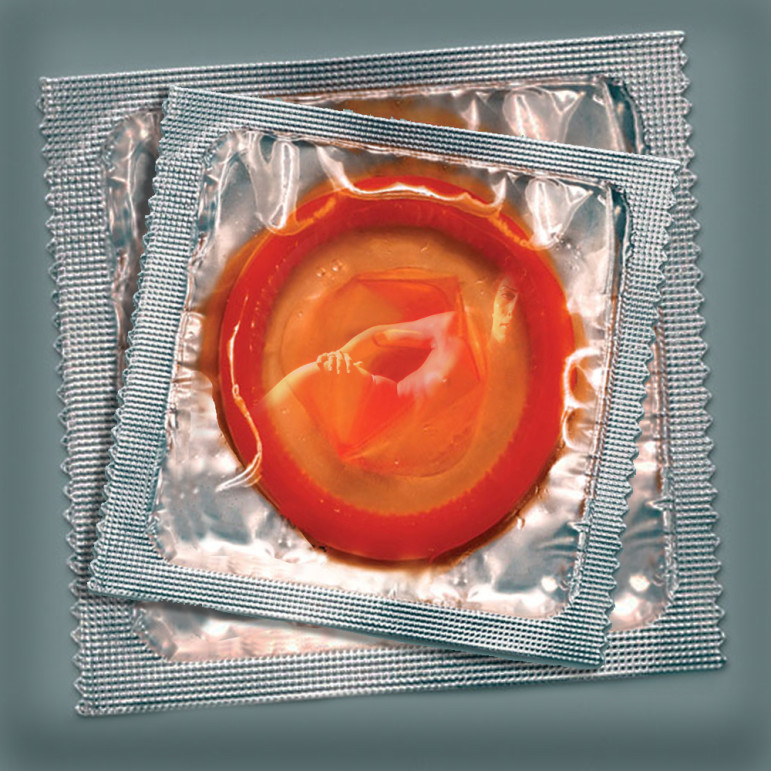
josef325
Instead, they may have felt shamed, or lacking the tools they need to navigate relationships or consent, or they may have graduated high school without receiving sex education at all.
Parents in New York strongly support sex education and are surprised that NYC still doesn’t have comprehensive sex education in kindergarten through 12th grade, as recommended by National Sexuality Education standards. In fact, in a recent survey of NYC voters, 77 percent of voters mistakenly think sex education is already a part of the curriculum, and 85% want comprehensive sex education to be taught in schools.
NYC’s Department of Education says that sex education should be taught once in a semester in middle school and once in high school, but many students are not even receiving that bare minimum.
The city has made some initial strides in improving sex education. NYC’s Department of Health and Department of Education now allow condom demonstrations in high school classrooms as part of sex education. This is a positive step—but it’s not enough.
Right now we have an opportunity to make sure that every student in NYC leaves high school armed with not only the resources they need to succeed in college or in their careers, but armed with the information and skills they need to form healthy relationships, protect their health, and build caring communities.
The New York City Council is now considering three bills that would require the Department of Education to better track and evaluate the sex education and school-based health care services in schools. This is a critical step toward ensuring that appropriate sexual health education is delivered to all students, and it can’t happen soon enough.
The gaps in the city’s sexual education continue to have a significant, lasting impact on young people’s wellbeing. Women aged 16 to 24 experience the highest rate of intimate partner violence, and 25% of 8th and 9th graders report having faced dating violence. In New York City schools, one in 10 teenagers reports having experienced physical or sexual violence in a dating relationship within the past year alone. Across New York City public schools, one in four students has been bullied because of their gender identity.
It’s clear that New York City students could benefit from improved sex education—but it must be comprehensive and cover more than the basic prevention lessons. Students should be learning about what a healthy relationship looks like, how to navigate consent, LGBTQ sexual health and how to have respect for one’s own body and the bodies of others. Numerous studies show positive youth development education is crucial to helping young people make health-promoting decisions, and that it also reduces school absenteeism and drop-out rates.
Sex education must also start early. We need to start talking to young people about healthy relationships way before they become sexually active. The National Sexuality Education Standards call for teaching identity, healthy relationships, and personal safety in K-5 education, recognizing that the most effective programs are those that teach young people how to communicate and make health-promoting decisions.
In addition to passing these bills, it would make a huge difference in the city’s sex education if Chancellor Carmen Fariña passes a Chancellor’s Regulation requiring comprehensive and developmentally appropriate sexual health education that reflects these national standards and starts in kindergarten.
The Department of Education also needs to create a meaningful implementation plan to ensure that all students receive sex education. At this time there, there isn’t any accountability around the implementation of sex education. The young people most in need of affirming health education are often the least likely to receive it, compounding heath barriers they may already face.
New York City’s students need and deserve comprehensive, age-appropriate sex education in every school, kindergarten through 12th grade. We know that parents want sex education, we know young people need it, and we know that it works. Now is the time to make it happen.
Joan Malin is President and CEO of Planned Parenthood of New York City.








